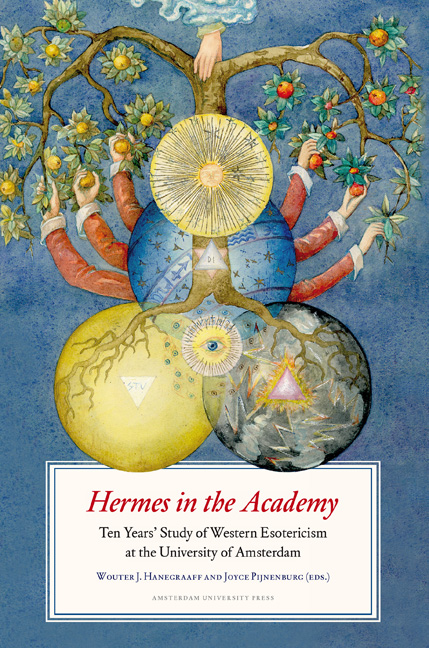Heterology in Amsterdam: The Academy Takes the Other Out to Dinner
Published online by Cambridge University Press: 20 January 2021
Summary
According to Michel de Certeau, one of the tasks of the historian is to exorcize society's inner demons. The “other” (society's unconscious) has to be enfeebled, so that we can sleep with a clear mind, not bothered by our own shortcomings. This other is our bad guy, the cowboy with the black hat. Western society is defined by his exclusion: it is an anthropemic society, it vomits the other out. Paradoxically, however, the other is fundamentally constitutive of our Western identity; we define ourselves by what we are not. So, the other is a tiny little stone in our shoe. And that is our problem: what to do with him?
At first glance, a solution would seem to be not to speak about/with him, in the hope that he will stay silent (and eventually go away?). He is like the bastard son; but of course, bastard sons have a tendency to come knocking on daddy's door one day. Sometimes, that can be painful. History and historians know everything about this. The other is out there and we have to deal with him. So historiography recently started to invite him home more often. Sometimes eagerly, sometimes less so, but ultimately, in the second half of the 20th century, the other's existence was acknowledged more consciously. Finally, in 1999, something magical happened in Amsterdam. The university was blessed by the creation of an official chair and academic center that would be concerned solely with the study of the “other tradition”: “History of Hermetic Philosophy and Related Currents” (GHF).
I started my Religious Studies program that same year. Fresh out of high school, I was quite green regarding my views on religion, history, and much else. I had always been fascinated by history, stories, myths and especially ideas, both philosophical and religious. Mystery, magic, witchcraft, strange old men studying deep into the night with their noses in ancient scrubby books, full of geometrical signs, symbols and Hebrew, amidst bubbling tubes, bulbs and glasses that emit foul vapors of rotten eggs, while the moon turns red and Saturn shows all his might – could I ever dream that one could actually study this history seriously at a university?
- Type
- Chapter
- Information
- Hermes in the Academy , pp. 109 - 110Publisher: Amsterdam University PressPrint publication year: 2009



